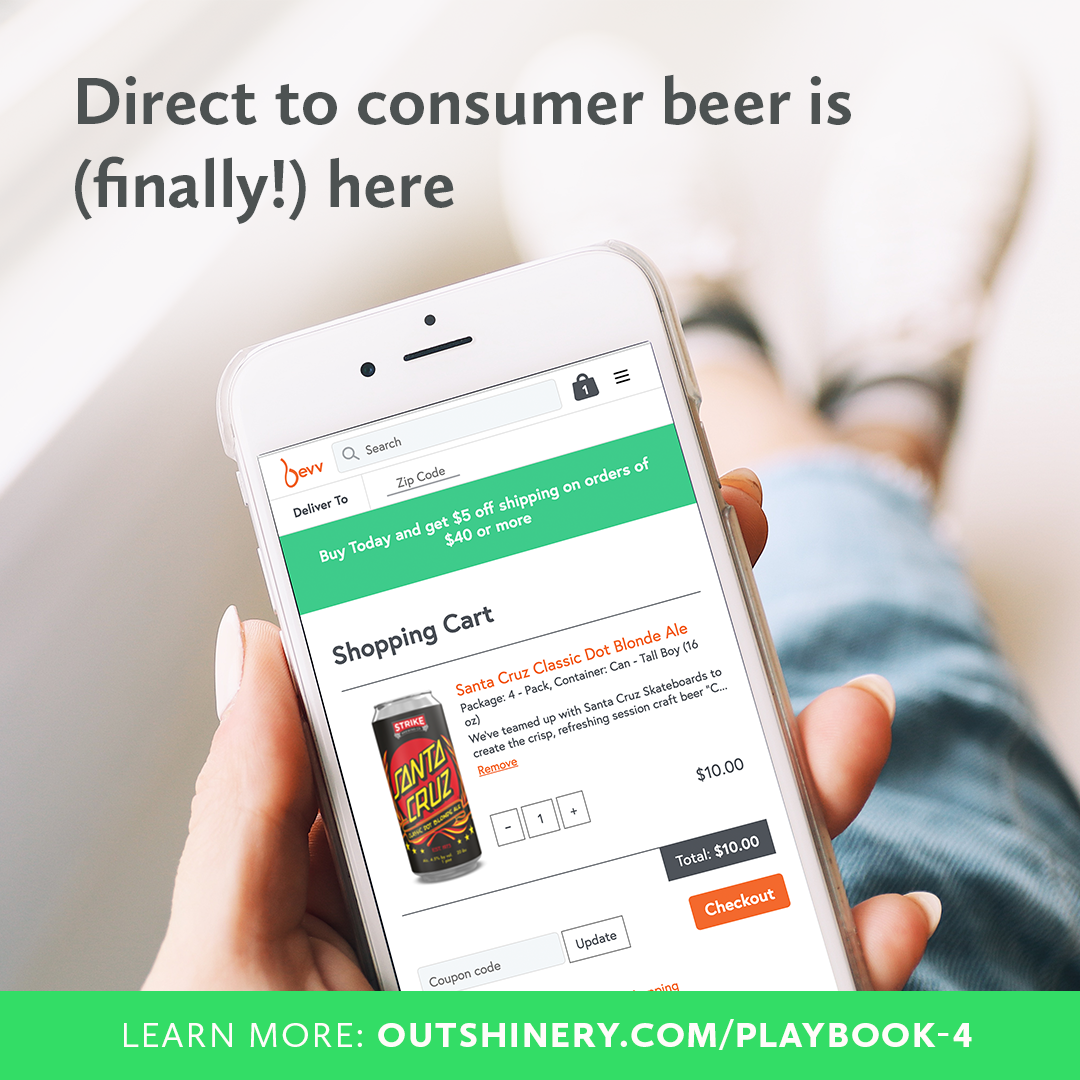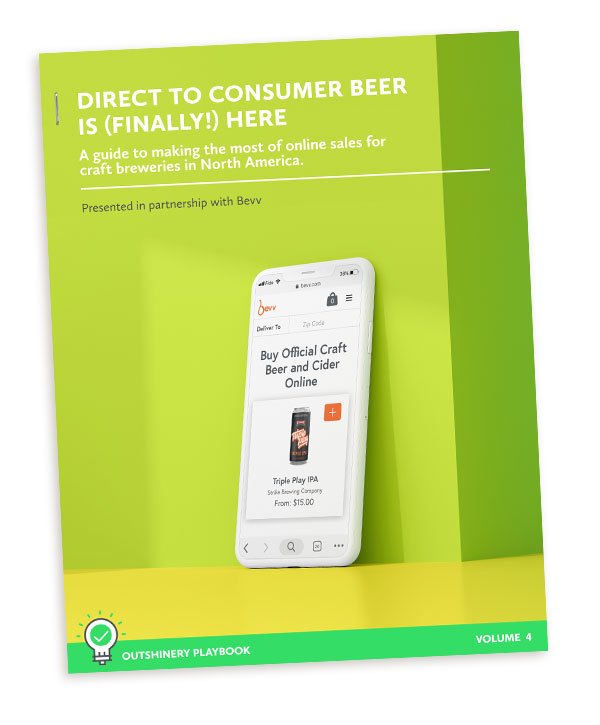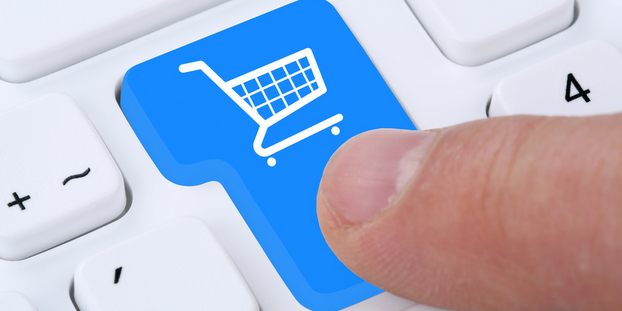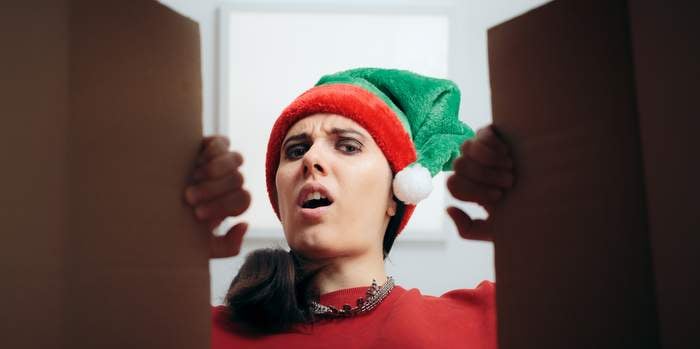
There’s been lots of headlines lately about companies and even individual breweries setting up online sales outlets, slyly circumventing the three-tier distribution system. We’ve been detailing the alcohol e-commerce platforms like Drizly and TapRm moving across the nation. We’ve noted stores like 7-Eleven adding beer and cider products to its delivery service via apps, and we’ve featured stand-alone breweries like Pennsylvania’s Levante Brewing launching its own craft beer delivery service.
There are a variety of outlets breweries can seek, depending on state laws. Outshinery, an online service dedicated to creating visual assets for breweries and wineries (from pack shots to 3D animated labels), and Bevv, an up-and-coming online retailer for beer and cider, just teamed up to release a playbook to help breweries discover that online retail and online marketing are possible growth opportunities. Maybe. The playbook itself is 17-pages, and uses Bevv as an example. It’s a good overview on the market in general. Read and download it right here.
Similar to Amazon or Etsy, Bevv is an online marketplace that provides a platform for breweries and cideries to sell their products online, directly to consumers.
“When breweries sell directly to the consumer, they get the best margins,” explained Travis Benoit, founder and CEO of Bevv. “When they sell through Bevv, they are reaching consumers that may not make it to the taproom via local on-demand delivery. Think pizza delivery for beer from the taproom to the consumer. Breweries can also reach new and existing consumers outside of their distribution area by selling to them via courier service — direct to their door. This is done without the use of a retailer or wholesaler, and the product goes directly from the taproom to the consumer’s door.”
Bevv facilitates the transaction in a safe and compliant manner per the laws in your state and your customer’s state, then provides the necessary paperwork (shipping labels, order details, etc.) for you to fulfill orders in your own way.
“What most people don’t know is that the costs of goods sold (to produce and sell that 4-pack) could be as high as 80%. In turn, that brewery makes less than $1 on a $10 3-tier retail sale. Something is wrong with this equation.”
According to Benoit, for a brewery that uses a wholesaler and sells a $10 four-pack via the retailer, the cost breakdown is as follows:
- Brewery sells it to the wholesaler for $3.50
- Wholesaler sells it to the retailer for $7.00
- Retailer sells it to the consumer for $10.00
“If we take a step back and consider direct to consumer wine in 2018, there was close to $3.5 billion in online sales,” said Benoit. “On-demand local delivery with marijuana is a $1 billion industry in itself. Why wouldn’t the brewing community embrace it when the craft beer space in 2018 generated $26 billion? That is a lot of consumers drinking a lot of very good craft beer.”

Of course, only certain states allow the sale of beer via the mail. Some allow only breweries within the state to sell in the state, and others allow both out-of-state and in-state breweries to ship beer sales. Then some states, like Utah, make it a felony to ship booze in the state. First off, know your local laws before you even start. From The Beer Connoisseur:
Currently there are only 7 states — Nebraska, New Hampshire, North Dakota, Ohio, Oregon, Vermont and Virginia (and the District of Columbia) — that allow direct shipment from a brewery to a consumer. This means that breweries within these states are allowed to ship directly to consumers, and breweries from outside these states are allowed to ship directly to consumers within these states. There are 10 states that allow out-of-state retailers to ship directly to consumers. When beer crosses state borders, one must take into consideration the laws for both the shipping state and the receiving state.
Second off, the brewery will need to have an alcohol shipper’s contract with a shipping company like UPS or FedEx. If your brewery meets those criteria, a company like Bevv can help market your beer to folks in states that allow such sales.
“States are realizing this and are changing their laws rapidly,” said Benoit. “A number of states currently have or had existing DTC beer laws using carriers and Texas finally just passed legislation to allow for every state in the United States to have direct-to-consumer taproom off-premise sales. We all know about the illegal beer trade and the shutdown of Reddit’s beer trade forum. Beer drinkers want to try new beer, and they want optionality, and they will get beer one way or another. Bevv provides a legal way of doing so. If you go to your retail outlet, 98 percent of the beer on the shelf is Constellation, MillerCoors, AB InBev and Heineken, leaving 2 percent for faux craft and a few local breweries’ products.”
On the brewery’s end, a company like Bevv just requires that you create a UPS account and a local on-demand delivery account. Then Bevv generates your shipping label and sends them to you via SMS or e-mail, and the consumer pays the shipping,
To learn more, read the whole playbook right over here. It’s got a lot more than just online sales details. It’s full of great tips for marketing your brands on the internet and via social media.






Leave a Reply
You must be logged in to post a comment.